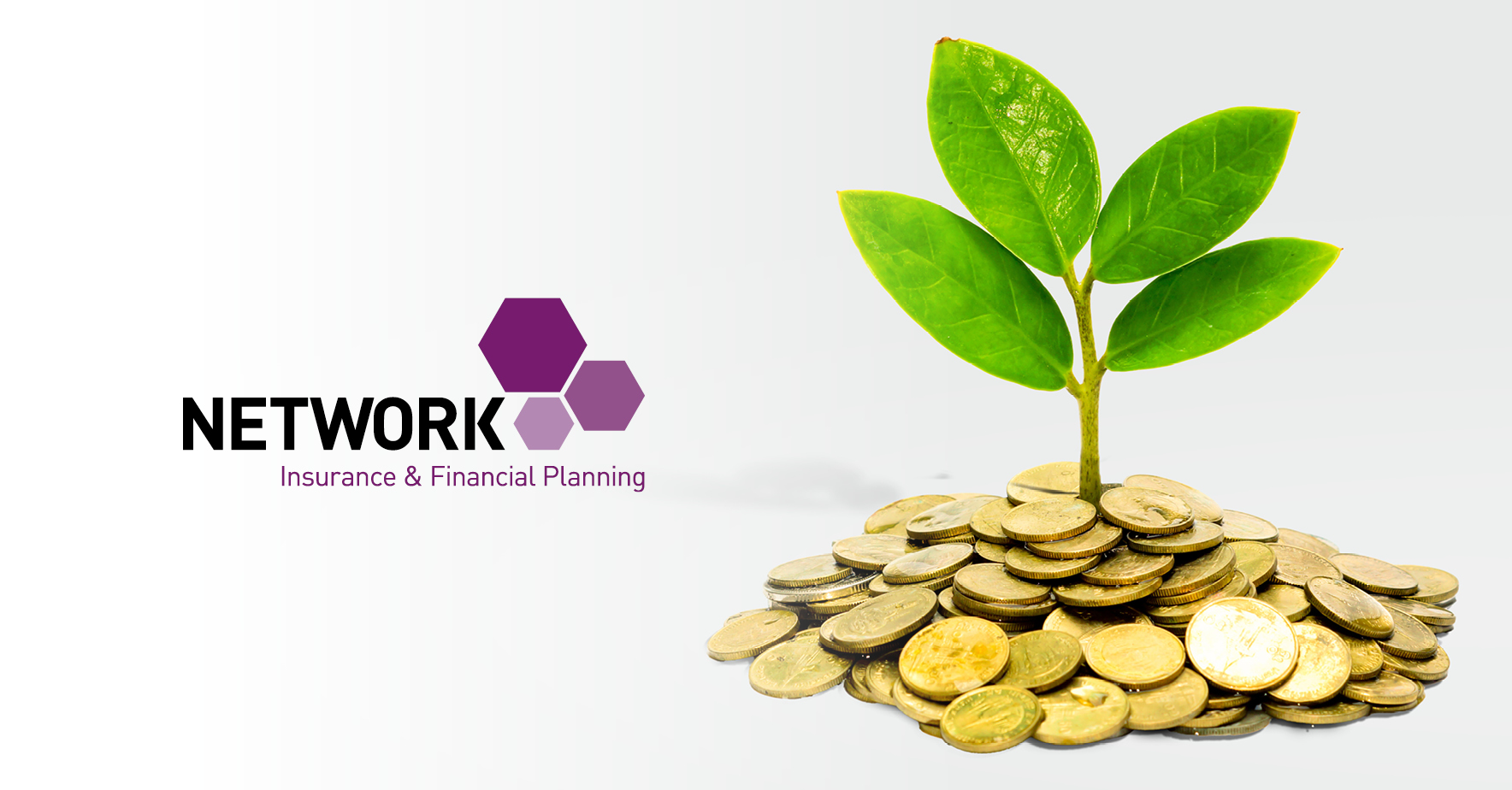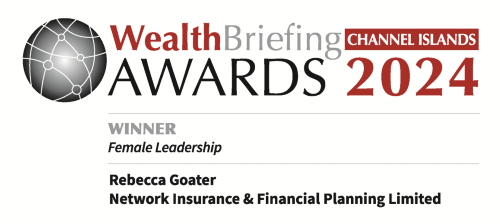
Cash vs. investing: understanding the key differences
One of the key shifts that have occurred in the last couple of years for investors and savers has been the pretty big increase in the Bank of England base rate, which has increased from a historic low of 0.10% in 2020, to a recent high of 5.25% in August 2023. Currently, at time of writing, it is 4.5%.
This has led to a lot more people being tempted by cash, with the appeal being the comparatively increased rates received for taking minimal risk. And over a period of increased stock market (and bond) volatility, I can understand the appeal. But is cash the right place to be?
Well, the answer to this really depends upon individual client objectives, and isn’t an absolute yes or no applicable to everyone.
Cash is often seen as the safest option for storing wealth. It's liquid, accessible, and free from the fluctuations of the market. For those who prioritise safety, cash offers a sense of security, especially in uncertain economic times. However, while cash is relatively risk-free, its ability to grow your wealth is limited.
Over the short term, it may at times be possible to see cash beating inflation; however, over the long term, ‘investing’ in cash is likely to result in losses in real terms. This is because after inflation is considered, the value of the cash (even after interest is applied) is likely to be worth less.
This is demonstrated by the below chart, comparing Bank of England base rate to UK inflation (Retail Prices Index) over the last 15 years[1]:

Inflation effectively reduces the value of cash, as things are more expensive, so you require more money to buy them. The above chart indicates that cash invested 15 years ago now has a much lower real value, even though the actual value may have increased, and a real loss has been made when factoring in inflation.
In addition, interest is all income, which means it is entirely taxable under Guernsey Income Tax rules, meaning the interest rate being received is actually less after tax is deducted.
How does this compare to investing (in the markets)?
Well, we expect (and have always seen historically) that investing should see higher returns than cash over the long term; however, there is an increased level of risk to be taken to achieve those returns and, as such, values can go down as well as up (both in actual and real terms).
A key factor therefore with investing is that a suitable timescale is required, as short-term volatility could cause issues if an investment needs to be withdrawn over the short term, when markets and thus value could be down. As such, we require a timescale of at least two or three years for investing to be recommended, and if funds are likely to be required sooner than this, cash is likely to be a more suitable place for the money.
As well as timescale, capacity for loss is also key, and whether the investor can afford to risk the capital. Now, there is a scale of risk with investing, it isn’t all scary high levels of risk, but ultimately, if you can’t afford the risk to the capital over the medium term, then again, investing may not be the most suitable option.
If capacity for loss is present, there still needs to be a suitable risk profile in terms of attitude to risk. We don’t want someone losing sleep over their investments, if taking risk isn’t something they are comfortable with. However, this is where timescale comes back into play, as if you have a long timescale (and capacity for loss), taking some risk to invest may be the more suitable option, in order that the real value of the capital is not eroded (and hopefully, in fact grows over and above inflation).

The above chart demonstrates both the short-term volatility of a medium risk investment (with the peaks and troughs in the blue line), but also the long-term real returns available over and above both inflation and cash.
In addition, generally investments achieve growth through capital gains as well as income, and the former is not currently taxable in Guernsey. As such, investing can offer tax efficient growth compared to cash.
So, going back to the original question: is cash the right place to be? As I said, this very much depends upon your circumstances, with a focus on time scale and capacity to loss. But despite the interest rates at the moment (that seem high compared to what we were used to for over a decade), it is anticipated that base rates are now reducing again, and as noted above, over the long term, in order to achieve real returns, some level of investing is likely to be required and recommended, if affordable.
Even for those who can and do want to invest, it is always important to retain some funds in cash (or cash equivalents) to be able to fund short term or unexpected capital requirements without having to access investments at what may be an unsuitable time (when the markets are down). Therefore, a balanced approach, combining both cash for short-term needs and investments for long-term growth, is often the most prudent strategy for many individuals.
As noted, there is not one size fits all answer here, so please do contact a financial adviser to discuss the options accordingly before making any decisions. Understanding these two options and how they fit into your broader financial plan is essential to making decisions that will help you achieve your financial goals.
We have a team of qualified financial advisers at Network Financial Planning. Please do get in touch on 01481 701400 or at advice@network.gg today for a free initial review with one of the qualified advisers to discuss your personal circumstances.
I want to retire… but can I afford to?
Retirement used to be simple. Work until 60 or 65, then enjoy a steady income from a company pension. Today, retirement is far less predictable, and planning ahead has never been more important.
Underinsurance: The hidden risk facing homeowners
It’s estimated that more than half of home insurance policyholders are underinsured — a hidden risk that could result in serious financial loss if disaster strikes.
Financial advisers: the GPs of your financial health
Director and financial adviser, Bex Goater, explains why you should treat your finances like your health.
Top 10 insurance myths - busted by a broker
Insurance can be complex, and when it's misunderstood, the consequences can be significant. Here, Network's managing director, Ollie Goater, gets to the bottom of all things insurance.
We’d love to stay in touch and keep you up to date with the very best insurance and financial planning advice

